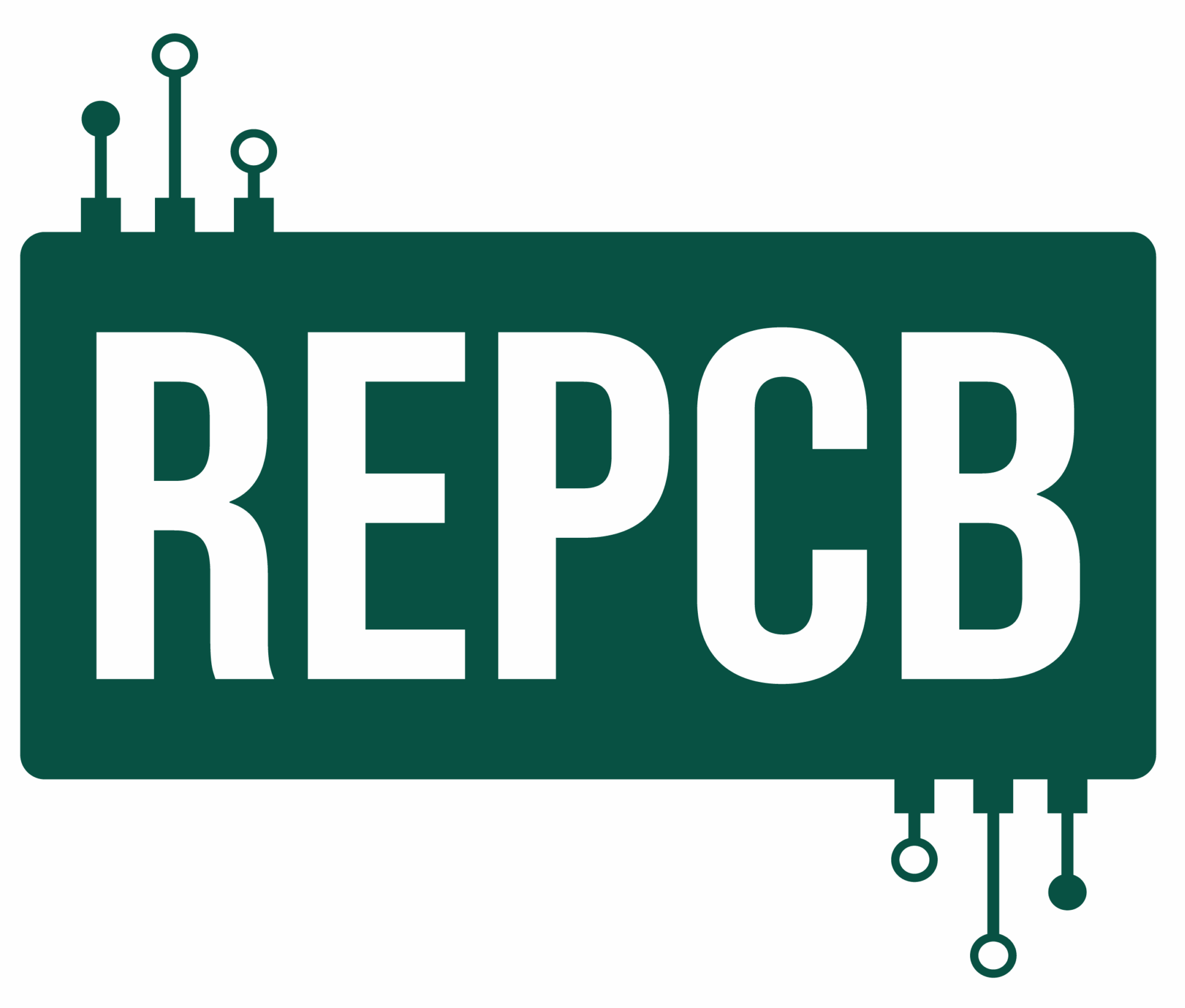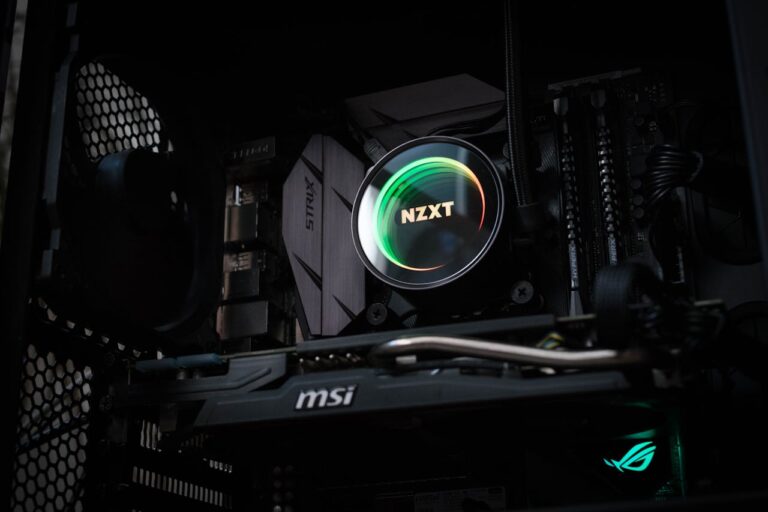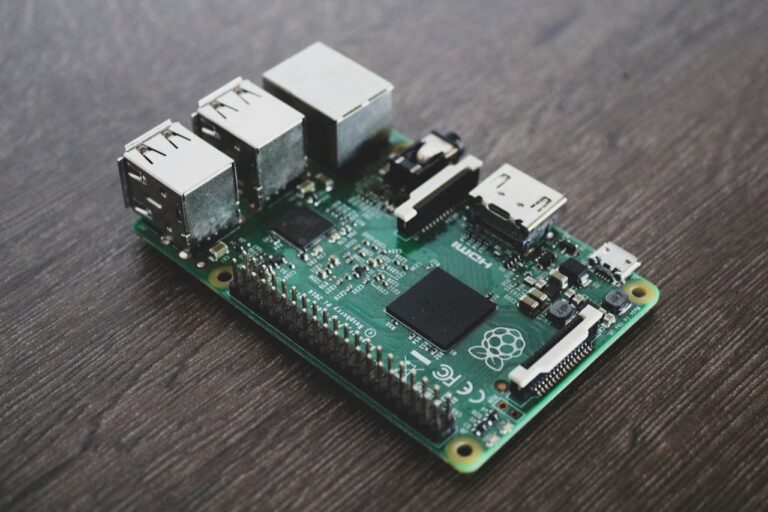Key Takeaways...
- The first patent related to printed circuits was filed in 1903 by Albert Hanson.
- Paul Eisler is credited with inventing the modern PCB in 1943.
- PCBs revolutionised electronics manufacturing by enabling mass production and miniaturisation.
- Today, PCBs are vital components in virtually all electronic devices.
Printed Circuit Boards (PCBs) are fundamental to almost every electronic device in use today. They provide the physical platform that connects electronic components through conductive pathways, making modern electronics compact and reliable. But when exactly were PCBs invented, and how did this innovation transform technology?
In this article, we explore the origins of PCBs, their early development, and the impact they have had on electronics manufacturing.
The Origins of PCBs
The concept of the printed circuit board dates back to the early 20th century, with several inventors contributing key ideas that led to the creation of modern PCBs.
The first patent resembling a printed circuit was filed in 1903 by Albert Hanson, a German inventor, who described flat foil conductors laminated to an insulating board. However, it wasn’t until the 1930s and 1940s that PCBs began to take the form we recognize today.
The Key Inventors and Development
The modern PCB was developed primarily during World War II, driven by the need for more reliable, compact, and mass-producible electronic systems for military use.
- Paul Eisler, an Austrian engineer, is credited with inventing the modern printed circuit board in 1943 while working in England. Eisler’s innovation involved using a printed conductive pattern on a non-conductive substrate, which revolutionized electronics assembly.
- Around the same time, the United States military and industry further developed PCB technology to support radar and communication equipment.
Eisler’s work laid the groundwork for widespread adoption of PCBs in commercial electronics after the war.
Impact on Electronics Manufacturing
The invention of PCBs enabled the miniaturisation of electronic devices and dramatically improved manufacturing efficiency. Instead of wiring components by hand, manufacturers could mass-produce boards with precise and repeatable circuits.
Today, PCBs are essential in everything from smartphones and computers to household appliances and automotive electronics.
Recycling and Disposal Considerations
As PCBs became ubiquitous, the volume of electronic waste containing circuit boards has increased significantly. Proper disposal and recycling of PCBs help recover valuable metals like gold, copper, and silver, and prevent environmental harm.
At RePCB, we provide expert printed circuit board disposal and PCB recycling services throughout the UK, helping businesses manage their e-waste responsibly.



